
Addicted to love?
“We live in a love-dependent society and the need for love is hardwired in all of us. From birth, irrespective of gender or cultural, ethnic or religious background, we are exposed to receiving love, or not receiving love. Whether we have the most loving or abusive upbringing makes little difference, because the need for love is always there, just as we need air, food and water to survive. And with some of us, in adulthood, that need for love turns into an insatiable craving and compulsion for more and more love.
So how and why can this become an addiction to love? How would you know if you are love dependent? How would you recognise it? How can you overcome the consequences and the effect of love addiction and learn to create and build healthy, loving relationships?
Love addiction, like any other addiction, is defined by self-destructive compulsive behaviour and chemical dependency. The love addict gets a dopamine and adrenaline ‘high’ from their compulsion to interact with the object of their obsession (the other person). This compulsive attachment to another person allows the love addict to experience feeling special and validated – acting out the fantasy that they are most significant in their relationship with the other person. And in so doing, this codependent behaviour minimises and masks the love addict’s feelings of shame and low self-worth. In the words of Pia Mellody, author of Facing Love Addiction, ‘Not all codependents are love addicts, but all love addicts are codependent.’
For codependents and love addicts alike, the genesis of their addiction is in early childhood trauma resulting from (often forgotten) emotional and/or physical experiences of neglect and abandonment (such as physical, sexual, mental or emotional abuse, separation, domination, excessive control, high expectation/achievement pressure), usually from the opposite-sex parent (and sometimes from the same-sex parent, or from both parents).
This wounding causes adult attachment issues, whereby love addicts then look for the missing connection from their childhood, where the bonding did not occur or was abruptly broken; always seeking that idealised connectivity with the target of their love. It is insatiable – no person can ever fill the love addict’s emotional hole within, no person can be intimate enough to satisfy the love addict’s craving for love. Yet the love addict fears intimacy, because love addiction is an unconscious underlying condition of identification with their being unloveable, worthless, rejected and abandoned.
The love addict will continually create relationships which support this unconscious desire for rejection and the love addict’s (denied self) personality will always be drawn to connecting with an avoidant/unavailable person, putting the face of fantasy over the face of someone who comes into their life. This can be a romantic, emotional or sexual relationship with their idealised partner, or it may be projected onto another person, who becomes the idealised love object. The idealised one is inevitably chosen because they are an avoider (who is equally incapable of being intimate) and together they are drawn into the endless dance of pursuer/avoider.”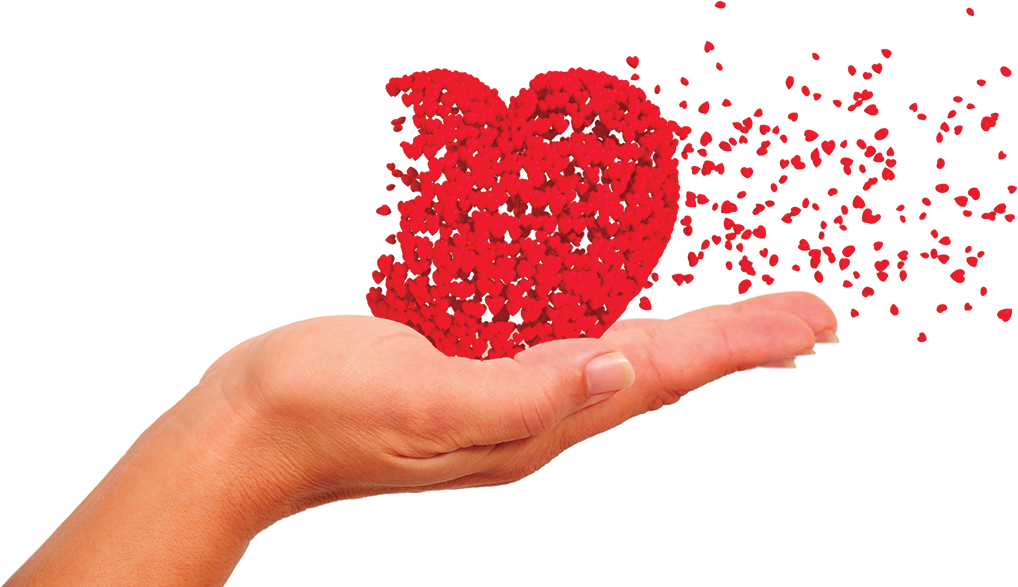
Are you a love addict?
Sabine has designed the series of questions below to indicate traits and symptoms of love addiction. Answer the questions spontaneously and be really honest with yourself – it isn’t significant how many you identify with, it is the awareness of how much your life may be impacted by love addiction which is important. This could be your first step towards recovery.
| Do you fall in love with partners who will not love you in return? | |
| Do you fall in love, get crushes on, or obsess about someone who is unavailable? | |
| Do you rush into love relationships without really getting to know your partner? | |
| Do you get stuck in relationships that don’t seem to ever change or go anywhere? | |
| Do you substitute fantasies in your relationships in place of reality? | |
| Do you feel lonely and unhappy when you are not in a relationship? | |
| Do you crave deep intimacy in your relationship, yet are terrified of the emotional cost? | |
| Do you fear that if you love someone, they will find someone better than you or they will eventually abandon you? | |
| Do you always think that your partner’s opinions are more valid and important than your own? | |
| Do you need constant validation and approval from your partner in order to feel secure and worthy? | |
| Do you only feel really alive, worthy and valuable when you are in love with someone? | |
| Do you find that you compromise your own values in order to maintain your love relationship? | |
| Do you feel that you could not survive ending a love relationship, even when you know that the relationship is bad for you? | |
| Do you believe that the chemistry of love is only made up of intense passion and desire? | |
| Do you only see what you want to see in a partner and turn a blind eye to anything bad about them? | |
| Do you have difficulties in agreeing or maintaining boundaries with your partner? | |
| Do you put your partner’s needs and wants before your own? | |
| Do you idealise your partner and place them on a pedestal? | |
| Do you find that you give much more of yourself than you receive from your partner? | |
| Do you either blame yourself for ALL the problems in your relationship, or do you blame your partner for ALL the problems? | |
| Do you try to control your partner? | |
| Do you use sex, or do you have inappropriate sexual relationships in order to feel emotionally connected and loved? |
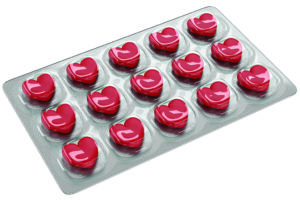 Love Addiction Recovery Tips
Love Addiction Recovery Tips
For more about Sabine and her work, visit her website here: www.relationshiptherapylondon.co.uk



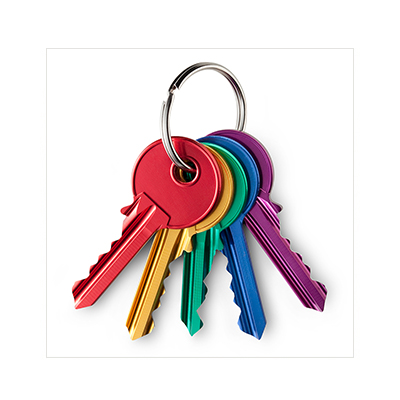
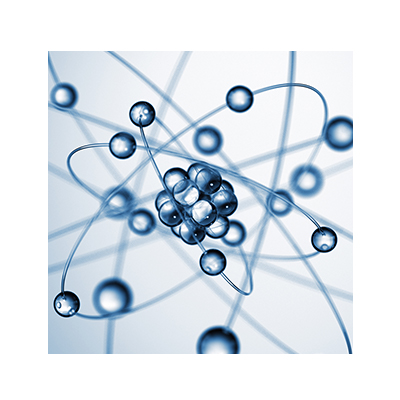
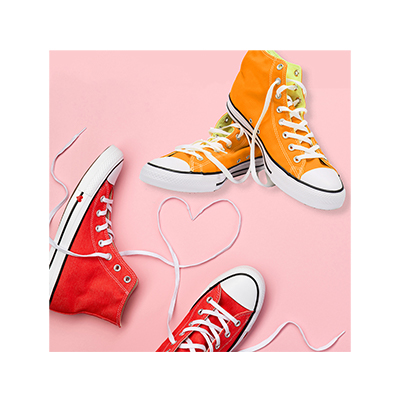
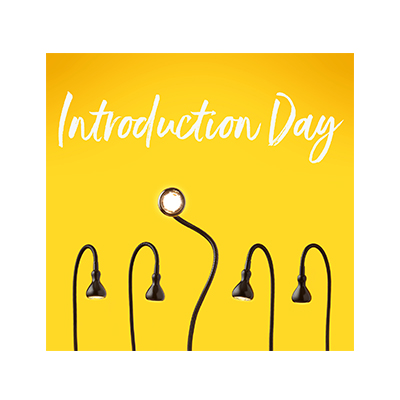
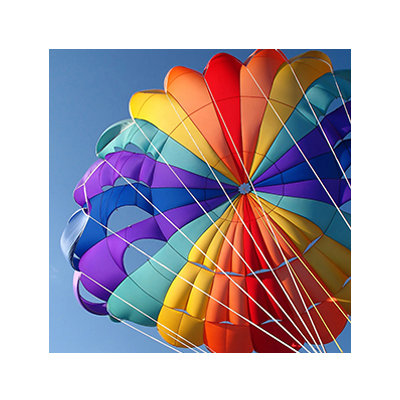
 Sign up to receive monthly newsletters from Hoffman
Sign up to receive monthly newsletters from Hoffman